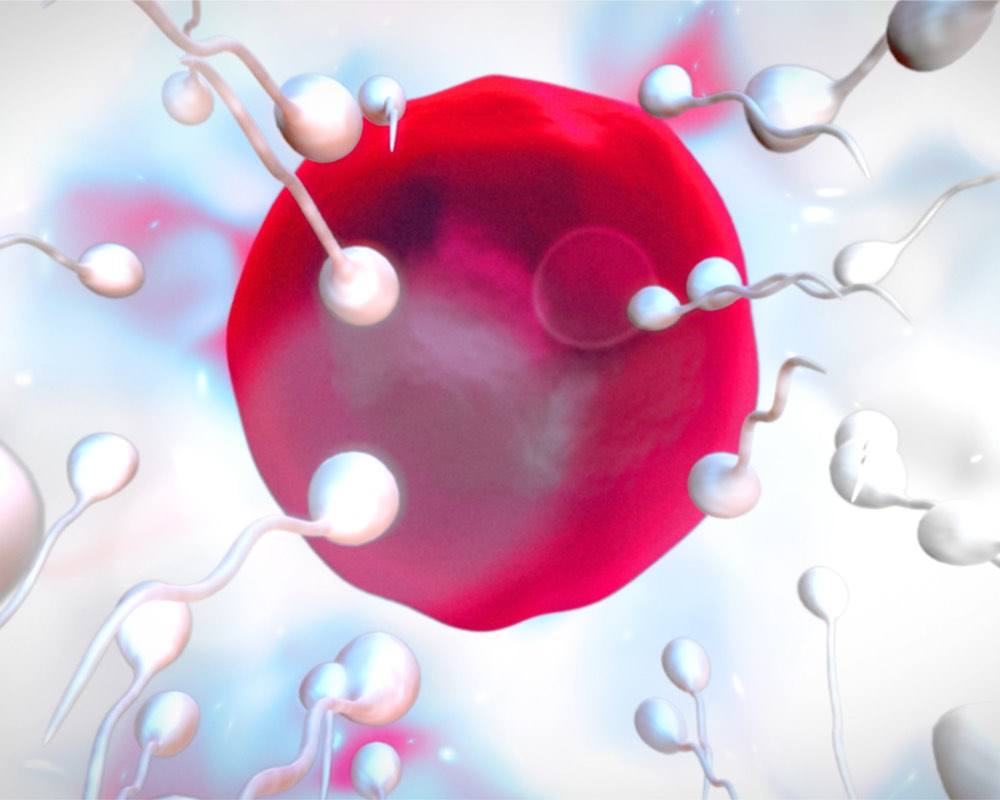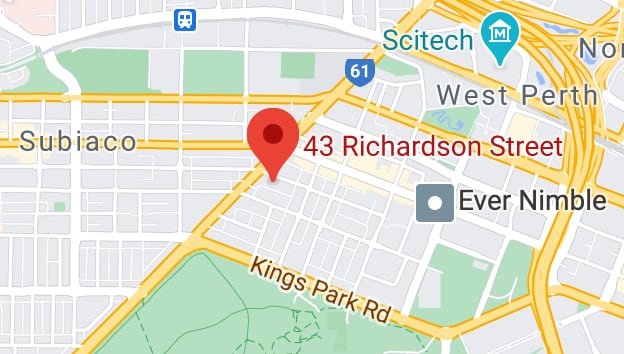IVF treatment Perth | IVF specialist | Dr Hunter Ivf treatment specialist Perth
IVF Treatment
IVF (In Vitro Fertilisation) is a process, used to help overcome many fertility problems where eggs are removed from your ovaries and mixed with sperm in a specialist laboratory environment. Fertilisation happens naturally in this climate, protected for some time before being transferred into your uterus, therefore increasing the chance of pregnancy occurring.
The IVF process can be used to overcome a range of fertility issues and for many couples, gives them the best chance of having a baby.
How to prepare?
What to expect?
Do I need IVF?
IVF treatment in more detail
Not everyone's journey to parenthood is straightforward. Below is what your journey with In Vitro Fertilisation (IVF) typically might look like.
Your first step:
This can be the hardest step but it is important to know that you are not alone.
- Before you call to book an appointment with me as your specialist, you will need a referral from your general practitioner.
- When you call, our friendly staff will book an appointment for you and your partner
- All information is taken under the strictest of confidence.
IVF Treatment: Your Initial Consultation:
Typically, your first consultation will involve the following steps:
- Meeting the specialist, who will listen and hear your personal story for parenthood.
- The specialist will take a detailed medical history of both partners.
- Reviewing of any previous relevant test results.
- You and your partner may be examined depending on your history.
- Additional tests will be planned out over the following weeks.
Sometimes, further tests may be required by both the male and female patient. These tests are needed to establish you and your partner’s reproductive health. It is during this time that your specialist may suggest you start taking folic acid.

Your feelings are Important:
Your pathway to parenthood can arouse complex feelings. Some may find discussing fertility issues with friends and family difficult. For this reason, we are happy to recommend trusted help that can aid you in the process.
If you and your partner are considering IVF treatment, then I believe you deserve a holistic approach. What that means for me is that I look at you as a whole person, the whole couple that you are. That is how we create your treatment journey together. Not as a sequence of tests and procedures, but rather as a personalised experience.
The 7 Steps:
Every IVF cycle can vary for different patients, but most follow these seven stages
- At the beginning of your menstrual cycle, you undergo ovarian hyperstimulation with injected medications with the aim of producing many eggs.
- You undergo a series of blood tests and ultrasounds over a couple of weeks.
- We will then plan your egg collection. During this time, you will be ‘triggered’ with an hCG (human chorionic gonadotrophin) injection, which will mature the eggs in the follicles.
- You undergo a transvaginal egg collection under anaesthetic.
- Sperm that your partner has supplied (or donated sperm) is then used to fertilise the eggs in the laboratory.
- Embryos are then incubated for several days in the laboratory.
- On day five or six post collection, an embryo is transferred back into your womb.
Is Your IVF Treatment a Success?
You will have a pregnancy test about 2 weeks after the embryo is transferred.
A Positive Test:
You will have weekly blood tests to assess your pregnancy hormones. At approximately 7 weeks you will then have a transvaginal ultrasound to look for a fetal heartbeat.
A Negative Test:
This indicates that the embryo transfer has not been successful. If you are lucky enough to have other embryos frozen you will be able to have another transferred a few months after your IVF cycle.
Frozen Embryos:
Embryos are rapidly frozen and transformed into crystalline form. Your surplus embryos can be thawed and used later.
Comprehensive fertility treatment is planned and coordinated with Monash IVF West Leederville, one of WA’s leading fertility centres.
Call us to make an appointment: 1800 628 533
IVF vs ICSI?
So IVF is a process where eggs are removed from your ovaries and mixed with sperm in a laboratory culture dish. In this process, fertilisation happens naturally. ICSI is ‘intracytoplasmic sperm injection’ – where a single sperm is selected and then individually injected into the egg.
In IVF each egg is surrounded by about 100,000 sperm and fertilisation happens according to ‘survival of the fittest’. ICSI however is where a simple good-looking mobile sperm is selected and injected into the egg under microscopic guidance. Following this fertilisation and embryo development occurs as with IVF. All other aspects of the ICSI journey are similar to the IVF journey. ICSI can be the recommended avenue in specific situations:
- When the man's sperm count is very low
- In case the sperm has low motility or high abnormalities
- When a conventional IVF cycle resulted in a fertilisation failure
- ICSI is also used with preimplantation genetic screening/diagnosis

The ICSI Journey
The ICSI Journey is similar to the IVF Journey. For more information on ICSI please read the ICSI Journey documentation here.
Dr Tamara Hunter
Dr Tamara Hunter is the only female Certified Specialist in Reproductive Endocrinology and Infertility (CREI) in Perth. "My role is to help you identifying the problem, and choosing the right treatment with you and your family. In the Fertility area I help with identifying the causes why you're not falling pregnant, or assist with sperm, egg or embryo preservation."
Useful links
IVF isn’t something that can be done quickly. Check out the IVF journey in more detail and read about IVF Success Rates.
- What are the IVF risks? Read more about your chances with IVF.
- What to expect with IVF? A blog article about your options.
- How to prepare for IVF? Some useful advice.
- Egg collection during IVF: what is the ideal amount?
Fertility, nutrition and supplements
The information out there on fertility, nutrition and supplements is very confusing. In this video Dr Hunter explains best practices.
Fresh embryo transfer vs frozen embryo transfer cycle
Is a frozen embryo cycle as effective as a fresh embryo cycle. New evidence shows a frozen embryo transfer cycle produces an equivalent pregnancy and live birth rates as fresh embryo transfer cycle.
Genetic screening: why is it used in IVF treatment?
Genetic Screening / IVF Treatment: Dr Tamara Hunter, Perth based Fertility Specialist explains why genetic screening is used in IVF treatment.
What does low AMH mean?
Having low Anti-Müllerian Hormone (AMH) is an indication of a decreased amount of eggs available to your ovaries.



